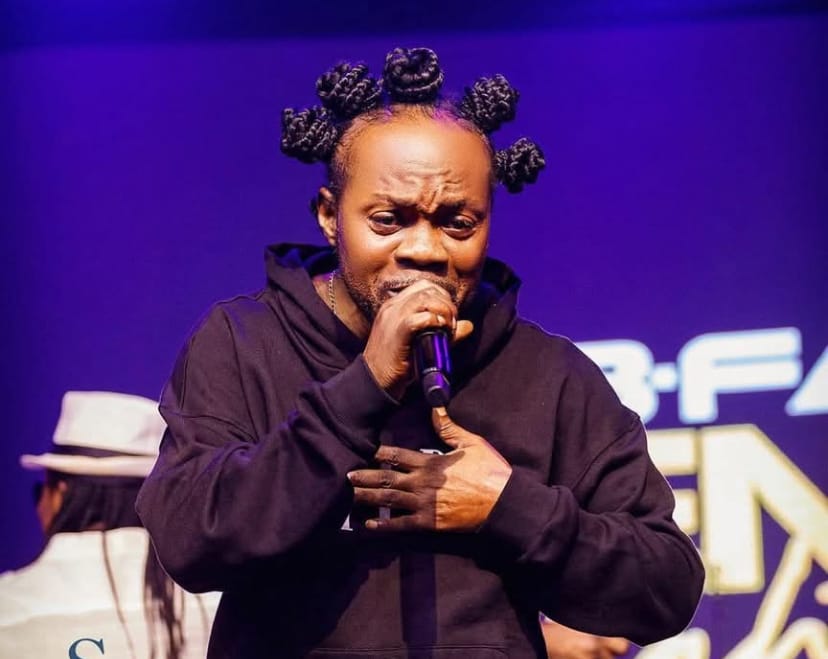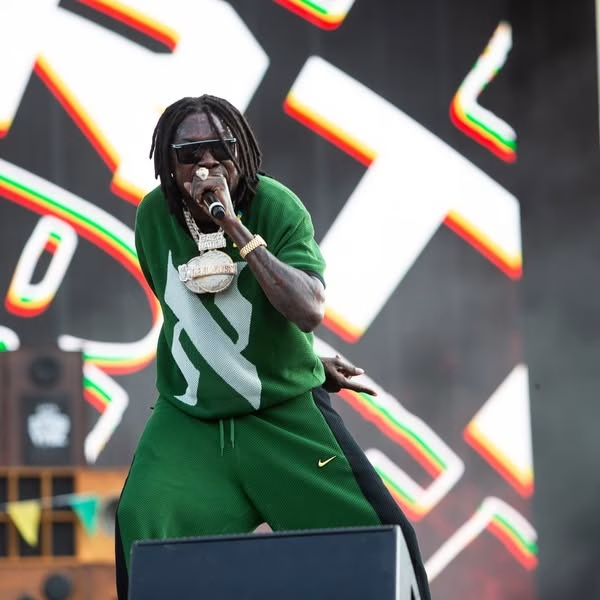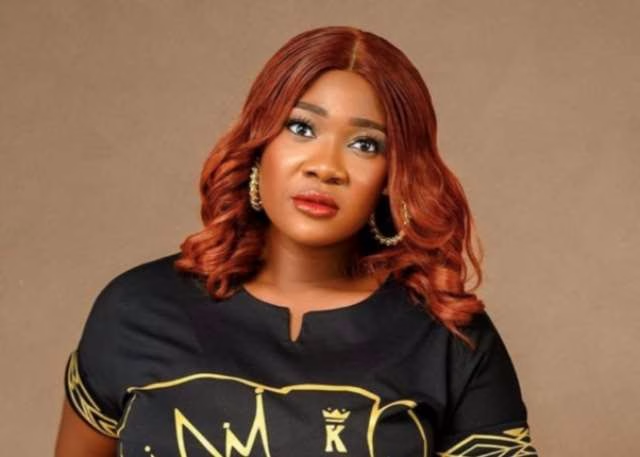Headline: Shocking Revelation About Daddy Lumba’s Death.
Ghana has been thrown into a state of mourning following the shocking news that legendary highlife musician Daddy Lumba has been confirmed dead. Born Charles Kwadwo Fosu, the iconic singer reportedly passed away in the early hours of Friday morning, surrounded by close family members at a private hospital in Accra. The exact cause of his death has not yet been officially disclosed, but sources close to the family indicate he had been battling a long-term illness.
Daddy Lumba, aged 60, was one of Ghana’s most celebrated and influential musicians, with a career spanning over three decades. His unique style, smooth vocals, and powerful songwriting earned him a place in the hearts of millions, both locally and abroad. From the late 1980s through the 2000s, his name became synonymous with timeless hits such as “Aben Wo Ha,” “Theresa,” “Yentie Obiaa,” and “Playboy.” He produced over 30 albums, many of which dominated the music charts and became national anthems.

His passing has sparked an outpouring of grief across the nation. Fans, fellow musicians, politicians, and celebrities have taken to social media to express their condolences and pay tribute to the man widely regarded as a pioneer of modern highlife music. President Nana Akufo-Addo, in a statement, described Lumba as “a cultural treasure whose music shaped generations and inspired countless Ghanaians.”
The musician was known not only for his musical genius but also for his controversial lyrics and fearless stance on societal issues, which made him a beloved, if sometimes polarizing, figure. Despite his fame, Daddy Lumba remained private about his personal life, only occasionally making public appearances in recent years due to reported health issues.
His family has requested privacy during this difficult time and is expected to release an official statement regarding funeral arrangements in the coming days. Music unions and cultural bodies across Ghana have also begun planning memorial events to honor his legacy.
Fans have already begun gathering at his residence in Accra, laying flowers, playing his songs, and celebrating the life of a man who gave so much to Ghanaian music. As tributes continue to pour in, one thing is clear: Daddy Lumba’s legacy will live on through his music, which will continue to inspire generations to come.
Ghana has lost not just a music icon, but a national hero. Rest in peace, Daddy Lumba. Your voice and spirit will echo through the ages.







